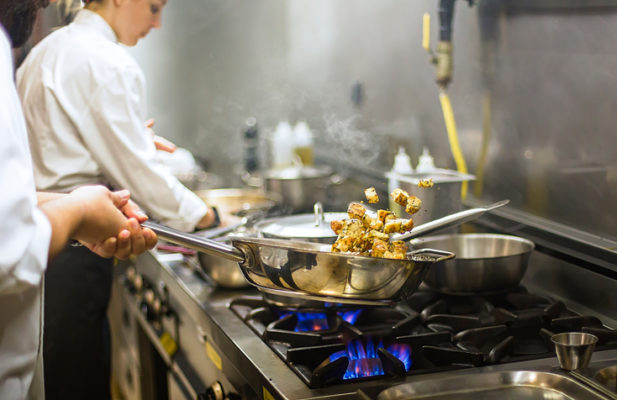Allergic Reactions in Restaurants

Food allergies are on the rise in Canada. It is estimated that over 2.5 million Canadians suffer from food allergies. The highest incidence of food allergies occur in young children aged 3 or less. With the rising incidence of serious food allergies, it is important for restaurants and allergy sufferers to be vigilant.
Restaurants may be liable if someone suffers an anaphylactic reaction while eating their food. Restaurants are generally liable for the negligence of their staff. For example, if a patron tells a waiter about a serious food allergy, and that message is not relayed to the kitchen, the restaurant could be found liable.
Waiters are not immune from serious civil and criminal penalties where allergic reactions occur. Civilly, waiters can be liable for not informing the kitchen of patron allergies. They can also be liable for serving the incorrect dish. In the criminal context, waiters can be charged with criminal negligence for recklessness in the face of a serious patron allergy. For example, a Quebec waiter was charged with criminal negligence in 2016 after a patron with a serious fish allergy fell into a coma. The waiter was informed of the patron’s serious fish allergy. Despite being informed, the waiter never made any note of the allergy, and completely failed to inform the kitchen. When the food arrived, the patron was served salmon rather than beef tartare. That patron then went into anaphylactic shock.
Responsibility does not rest with the kitchen and wait staff alone. Patrons also have a role to play. Restaurants will not likely be liable unless informed of an allergy. A restaurant cannot be expected to take precautions when it has no reason to suspect an allergy. Therefore, it is important that allergy suffering patrons tell wait staff about their intolerances. A failure to do so could absolve the restaurant of any potential liability.
With the above in mind, restaurants should take measures to protect both the public and themselves. Restaurants should train their waiters to ask all patrons about allergies. If an allergy is identified, the kitchen must be informed. The kitchen should then determine whether they can safely serve the allergy suffering patron. If the kitchen does not think it can safely serve the allergy suffering patron, it should refuse service. If the kitchen cannot eliminate the risk of cross-contamination, the patron should be informed. The patron should be informed that there are allergens in the kitchen, and that no guarantees can be made.
About the Authors

Jordan takes deep satisfaction in advocating for those who have been affected by serious personal injuries. His practice focuses on motor vehicle collisions, occupiers’ liability, product liability, municipal liability, medical malpractice, wrongful death, accident benefits, and long-term disability claims.
